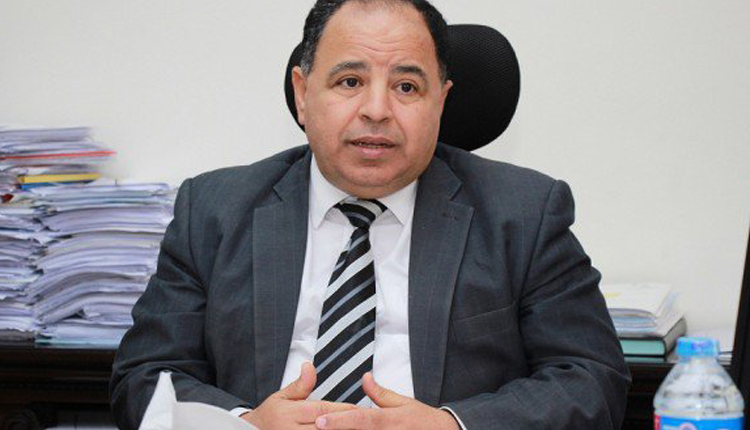Egypt successfully implemented IMF programme, restored investor confidence: Maait
Egypt’s Minister of Finance Mohamed Maait told MPs Sunday that the IMF’s 12-billion dollar loan was divided into six tranches.
“Egypt has so far been successfully able to meet the conditions for five tranches, and there is still one last tranche which will be a matter of review by the IMF at the end of this year,” Maait said, adding that “all the previous stages of the IMF-inspired economic reform programme were completely implemented on time and without any delay.”
Addressing parliament’s economic affairs committee and responding to questions on whether there will be any new fuel price increases, Maait said “it was quite impossible for the IMF to approve the disbursal of each tranche ($2 billion) without making sure first that the Egyptian government was able to implement the programme successfully and completely.”
“The IMF’s reports themselves were even keen ahead of each new tranche to declare that it was a great pride that it and the Egyptian government had jointly implemented one of the most successful economic reform programmes in the world,” said Maait.
“This programme and the way it was implemented has largely helped restore the confidence of world investors and international lending institutions in Egypt’s economy.”
Maait said “international confidence in Egypt’s economy was quite clear in the fact that Egypt’s bonds were able to generate $21.5 billion in one day.”
“While bonds issued by one Arab Gulf country were able to generate between $3.5 and $4 billion in only one day, those of Egypt were able to generate $3 billion in just half an hour, $15 billion by 3pm, and $21.5 billion by 4pm,” said Maait.
According to Maait, the economic reform programme was mainly drafted by the Egyptian government in coordination with the IMF.
“We had to implement this programme to rectify economic conditions which had reached a critical stage at the end of 2016,” said Maait, indicating that “the main objective of the programme was to tackle the budget deficit, and not to pay salaries or pensions.”
Maait said “it is the strong political will of the Egyptian people, leadership and government that have largely led to the success of the programme.”
“It was a very difficult and painful programme, but we got the will to implement it because we knew that this is the ultimate panacea for the country’s economic ills,” he said
According to Maeet, while it was initially expected that the implementation of the programme could secure an initial surplus of EGP 15 billion at the end of 2018, it actually led to generating EGP 21 billion.
“Besides, there was a rise of 60 percent in investments, not to mention that tax revenues increased by EGP 4 billion,” Maait said.
source: Ahram Online


